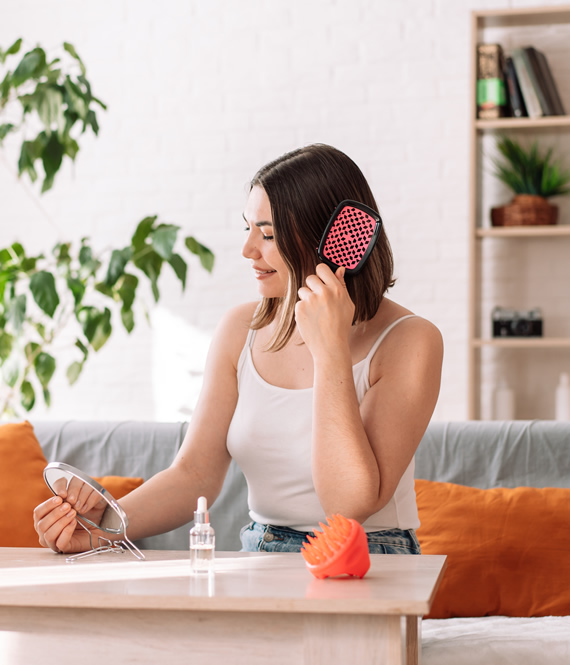
New And Leading Hair Loss Treatment Options: What’s Popular Today
We recommend helpful products in our articles. Read our full disclosure here. The content on this website is not intended to be a substitute for professional advice, diagnosis, or treatment.
“My hair keeps thinning and falling out – which hair loss treatment should I choose?”
Losing your hair, especially while you’re still young, changes the way you feel about yourself.
It can undermine your confidence and affect other people’s perceptions of you.
That’s why more people than ever are seeking solutions to premature hair loss.
Today, there are so many options for treating hair loss for men and women, ranging from nutritional supplements to cutting edge therapies.
Here’s what you need to know to find the best hair loss treatment for you.
Understanding Treatments for Hair Loss and Thinning Hair
For one or many reasons, your body can begin producing less hair and the hair follicles themselves may become shorter and thinner.
It can occur anywhere on your head and at almost any age after puberty.
In men, the most common cause is male androgenetic alopecia (MAA), or what’s commonly called “male pattern baldness.” It affects 30 to 50 percent of men by the time they reach 50 years old, according to a dermatology report in the National Library of Medicine.
The scientific research confirms what people have long observed: MAA is mostly inherited.
But that doesn’t mean that hereditary hair loss can’t be slowed or reversed with the right treatment.
You might be surprised to learn that hair loss is almost as prevalent in women as it is in men.
About two-thirds of postmenopausal women experience hair thinning or bald spots at some time in their lives, says a report from Harvard Health.
Hormonal changes often trigger hair loss, so women who have recently given birth may also notice thinning on their scalps.
Hair loss can be a symptom of serious health conditions such as polycystic ovary syndrome (PCOS) and some thyroid disorders.
Alopecia areata is an autoimmune disease in which the body attacks the hair-growing cells in the scalp.
The hair falls out in small, round patches.
It affects both women and men, usually from the teenage years through the thirties.
Deficiency in essential nutrients, such as iron and vitamin D, also can lead to hair loss.
Stress, anxiety, depression and other health problems contribute, too.

Hair Loss Treatment for Women
If you’re a woman who has been losing her hair, you will be glad to know there are a variety of new and effective ways to restore it.
Hormone replacement therapy (HRT) is helping many women deal with the changes brought on by menopause, including hair loss.
At home, you can apply topical medications such as minoxidil to your scalp.
You can buy a laser cap that shines a light on your scalp that is specially engineered to stimulate hair follicles.
Working with physicians, you can try corticosteroid injections or platelet-rich plasma (PRP) therapy.
Spironolactone is a prescription medication that “is effective in about 40 percent of women who have female pattern hair loss,” according to the American Academy of Dermatology.
Hair transplants are often recommended for the most extreme cases.
Before trying any of these more invasive therapies, many women are choosing to try hair growth formulas that are based on vitamins, minerals and other natural ingredients.
These can target the root causes of hair loss, such as stress, nutritional deficiencies, and other lifestyle factors.
If you are considering this route, be sure to look for products that are backed up by clinical studies.
Hair Loss Treatment for Men
The most widely used treatments for male pattern baldness are two different drugs.
Finasteride (Propecia) is a pill that has been approved by the U.S.
Food and Drug Administration for slowing hair loss and stimulating new hair growth.
It works by blocking the production of DHT, a hormone that causes hair follicles to shrink and eventually stop producing hair.
Minoxidil has been approved by the FDA for treating hair loss as a topical medication you apply to your scalp.
Minoxidil in pill form is only approved for treating high blood pressure, though many take it for hair loss anyway.
A micro-needling device you can use at home employs a hand-held roller or an electric tool to inject a low dose of topical minoxidil directly into the top layer of skin on your scalp for more direct treatment.
The more aggressive therapies of PRP, corticosteroid injections and hair transplants are available for men, too.
But many find success with no discomfort or other side effects by using hair growth supplements that have been formulated for their specific needs.
The most effective of these supplements are made with “nutraceuticals,” or vitamins, minerals and other natural substances that have been shown to restore healthy hair growth.
The Role of Hair Care Products
Standard shampoos and conditioners typically contain harsh chemicals that can strip away the healthy skin and other components of your scalp.
They can also clog your pores, making it harder for hair to grow naturally.
To create a hospitable environment for your hair to grow, choose products that are free of sulfates and other powerful chemicals.
Serums and oils that are applied directly to your scalp can replenish the nutrients your hair needs, while also thickening and strengthening your existing hair.

Advanced Technologies in Hair Loss Treatment
If you’re ready for more direct action, you can try the latest in medical technology.
With PRP therapy, a small amount of your blood is drawn, the plasma is separated out, and it is injected into your scalp.
The enzymes and other compounds in the plasma stimulate hair growth and improve overall hair health.
Another approach is the use of low-level light energy to increase blood flow to the scalp and promote hair growth.
This laser therapy is generally safe and painless but may require many treatments before you see results.
COVID Hair Loss Treatment Options
Hair loss is an enduring symptom of the COVID-19 pandemic for many people.
The long-term effects of the virus and the stress and anxiety caused by the pandemic continue to have an impact on our health.
A sensible first step in treating this type of hair loss is natural supplements that can target the underlying causes and revitalize your body’s natural hair growth powers.
Natural Hair Loss Treatments
You can grow a head of healthy, thick hair only if your body has all the nutrients it needs.
Iron deficiency, or anemia, has been linked to hair loss and other health problems.
You also need sufficient levels of biotin, zinc and selenium, which are also essential to hair growth.
These minerals are not always abundant in food, so taking supplements with those nutrients ensures your body is well-supplied.
Saw palmetto is a kind of palm tree and its leaves contain compounds that promote hair growth.
Ashwagandha is another plant that is used in hair loss treatments.
It has been shown to reduce inflammation and soothe stress.
Research has shown that long-term stress can inhibit new hair from growing and damage existing hair.
Alopecia and PCOS Hair Loss Treatment
Alopecia areata causes hair follicles to stop producing hair, resulting in patchy or complete hair loss.
Steroid injections applied to your scalp are often the first recommendation for treating AA.
The steroids suppress the immune system cells that are keeping hair from growing.
PCOS, or polycystic ovary syndrome, is a hormonal disorder that can cause hair loss.
Doctors often prescribe oral contraceptives and Spironolactone to address these symptoms.
Some patients also apply topical minoxidil.
Hair growth supplements provide extra support for treating these conditions.
They may also be the first choice for women who are or may become pregnant, because the prescribed medications are not safe for their use.
The Best Hair Loss Treatment: A Comparative Analysis of Treatment Options
There is no perfect hair loss treatment that works the same for everyone.
When considering your options, keep in mind these factors:
Gender: The causes of hair loss differ in men and women so the treatment needs to be targeted toward the specific needs of each gender.
Underlying health: Your overall condition and age can limit your choices for hair loss treatment.
You may not be able to use certain types of the medications.
Natural supplements are generally safe for most people.
Side effects: All medications have side effects for some people.
Minoxidil applied topically can cause itching or a skin rash on your scalp.
Finasteride has been linked to loss of libido and erectile dysfunction.
Side effects are uncommon for vitamins, minerals and natural remedies.
Treatment duration: Laser treatments typically take months to produce results.
Minoxidil must be used daily for several months to generate new hair growth and the results last only as long as the medicine continues to be applied.
Hair loss will begin again within a few months after minoxidil treatment is stopped.
Hair transplants take many months to root and begin growing.
Whichever hair loss treatment you choose, you will need to be patient.
Cost: Medical treatments can run into the thousands and even tens of thousands for the newest therapies.
Supplements tend to be a more cost-effective solution for many people.
Choosing the Right Hair Loss Treatment
Begin by talking to your regular physician or a dermatologist about the causes of your hair loss and your treatment options.
Be sure to share information about your lifestyle, such as diet and exercise, as well as any health concerns you might have.
There are many considerations to think about before you choose a hair loss treatment.
Be sure to inform yourself by checking out reviews of the top hair loss treatments.
You’ll find lots of details that will help you sort out the choices before you decide.
Keep in mind that what works for one person may not work for another.
But with so many options, you can be sure that there’s the right hair loss treatment for you.
"We love to research problems, examine studies, analyze solutions, and share with you ideas that make life healthier. You can learn about us and our editorial standards here. Have suggestions or feedback to share? Send us a message!."

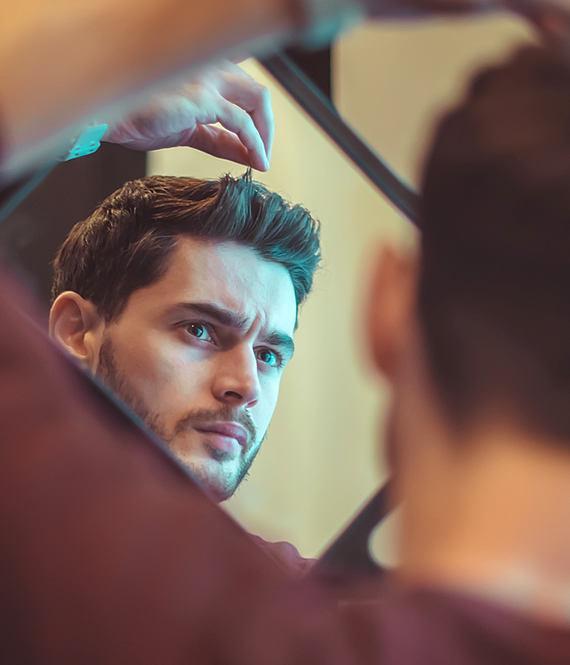
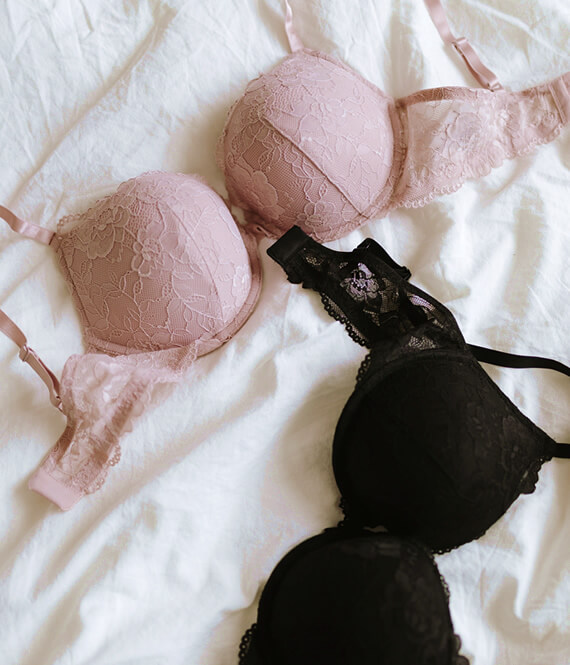

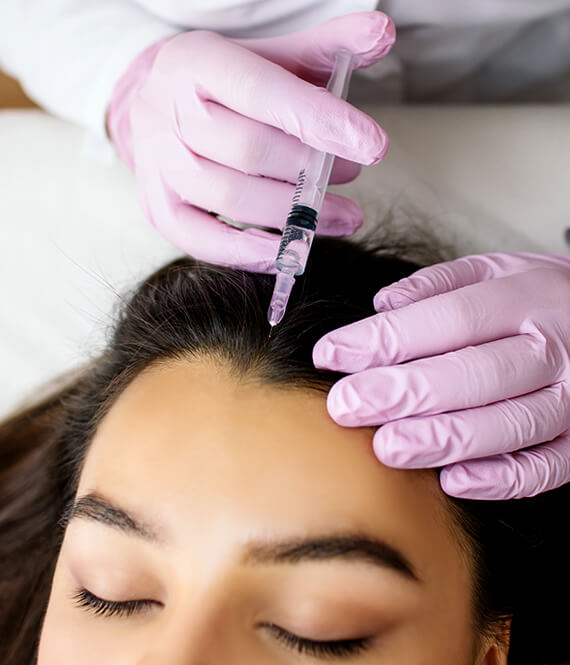
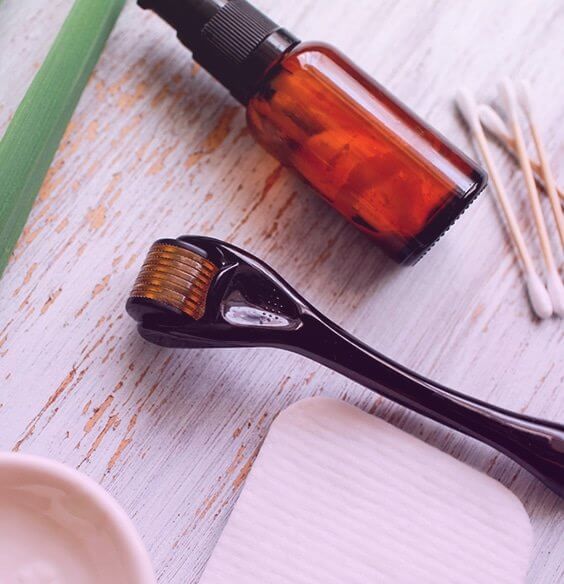


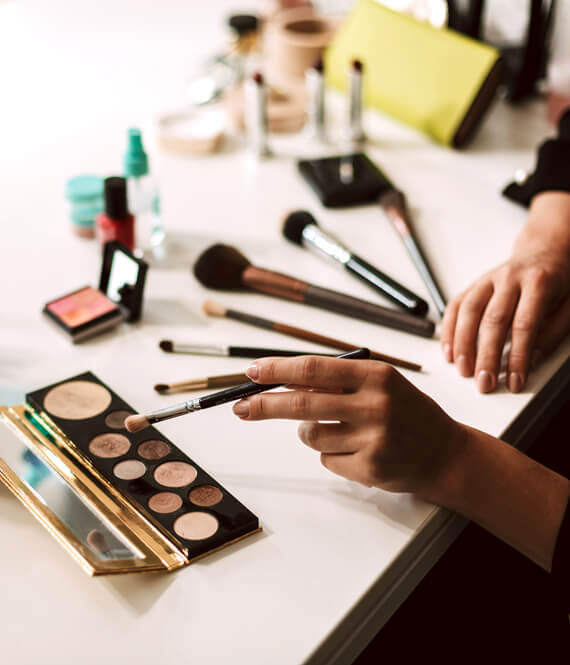




Leave a Comment